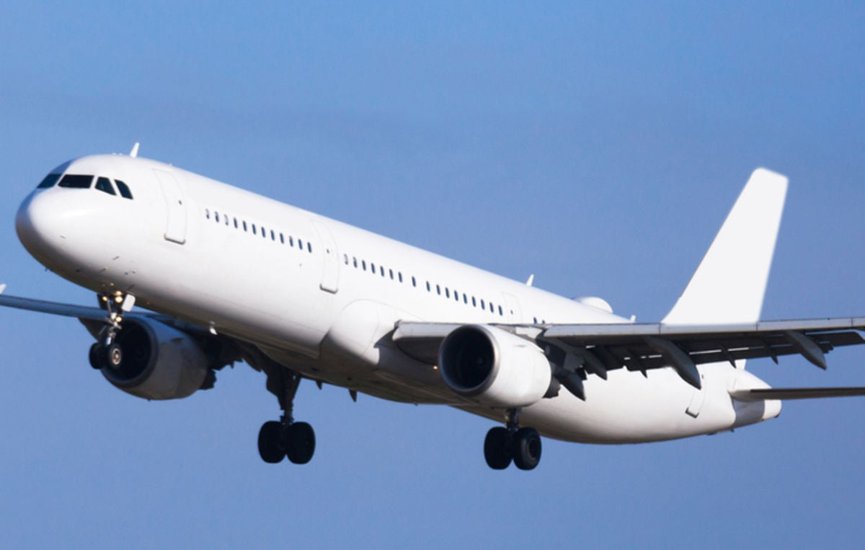Tanzania has announced the introduction of a new Passenger Facilitation Fee for international air travelers, a move aimed at modernizing the country’s border control systems and enhancing aviation security. Effective November 1, 2025, the fee will be levied at $45 for one-way tickets and $90 for return journeys, collected directly by airlines at the point of sale and itemized separately on passenger tickets. The Tanzania Civil Aviation Authority (TCAA) confirmed that the funds will be used to implement and maintain two critical systems: the Advance Passenger Information System (APIS) and the electronic Border Control System (eBCS). These technologies are designed to streamline immigration procedures, reduce processing times, and strengthen national security by enabling authorities to screen passengers before arrival.
The decision follows a 2023 audit by the International Civil Aviation Organization, which identified the lack of such systems as a major vulnerability in Tanzania’s aviation framework. By introducing the fee, the government aims to ensure financial sustainability for these upgrades without relying solely on public funding. The systems will also integrate with national databases, improve data analytics, and enhance cybersecurity protections, marking a significant step toward aligning Tanzania’s aviation standards with global best practices.
Exemptions from the fee include infants under two years old, airline crew members, and passengers rerouted involuntarily due to operational issues. Refunds will be available for canceled or unused tickets, ensuring transparency and fairness in implementation. While the government has defended the fee as necessary for long-term infrastructure development, critics within the aviation sector have raised concerns about its cost. Some experts argue that the fee is disproportionately high compared to the actual expenses involved in deploying the systems, warning that it could make Tanzania a less competitive destination in an already price-sensitive regional market.
Despite the debate, the initiative signals Tanzania’s commitment to improving its border management capabilities and enhancing the overall travel experience. As global aviation continues to evolve, the country’s investment in digital infrastructure reflects a broader ambition to position itself as a secure and efficient gateway to East Africa.
